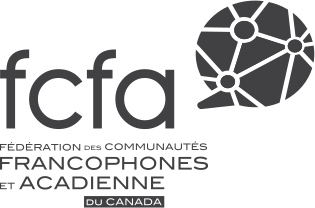Yukon

Located at the northwestern tip of Canada and bordering Alaska, the Yukon territory is larger than Belgium, Denmark, Germany and the Netherlands combined. Its rivers, mountains and Subarctic climate, more temperate than that of the eastern Arctic, make it an attractive destination for outdoor enthusiasts. Francophones represent 4.7% of the population, while 13% of people speak French. The majority of Yukoners live in the capital, Whitehorse, which offers the benefits of city life just a few kilometres from the wilderness.
The Yukon is the third most bilingual region in Canada, after Québec and New Brunswick. Its Francophone community is diverse and growing, and it has a multitude of services in French, including French schools, daycare services, employment assistance, workshops and training, language courses, and artistic and cultural activities.
4510
Knowledge of French
1545
French first official language
Source: Statistics Canada, 2011 Census
 Life in French
Life in French
Education
École Émilie-Tremblay and Académie Parhélie in Whitehorse offer French first-language education from kindergarten to grade 12. The Garderie du petit cheval blanc provides early childhood services in French.
Health
The Partenariat communauté en santé (PCS), the French-language health network in the Yukon, promotes the provision of French-language health services in the territory. In 2016, the French Language Services Directorate and the Yukon Hospital Corporation signed a Memorandum of Understanding to improve access to French-language services at Whitehorse General Hospital.
Economy and employment
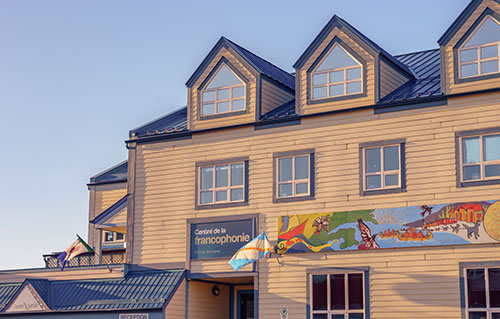
The Association franco-yukonnaise (AFY) is the only French-language employment and economic-development organization in the Yukon. It provides, among other things, employment, business start-up and training services.
Once in the Yukon, it is possible to meet with an employment counsellor for services such as :
- resume-writing
- editing and translation
- career development
- counselling; interview preparation
- labour-market information
- job-search tips
 Immigration
Immigration
Employment
A significant portion of the jobs available in the Yukon are in the following areas: public sector, tourism industry, early childhood, construction, and management and executive positions.
Settlement services

At the Association franco-yukonnaise (AFY), a qualified team helps to facilitate the arrival and integration of newcomers. The AFY offers various free services in French:
- Welcome, information and orientation services
- Settlement and networking assistance
- Support with administrative procedures
- Free Internet access
Welcoming Francophone Community

Whitehorse
Whitehorse has much to offer, starting with an unparalleled quality of life, wide open spaces and breathtaking scenery, with spectacular mountains and rivers. The Welcoming Francophone Community project can provide reception and settlement services, collaborating with the municipality and English-speaking organizations to better welcome newcomers and make businesses aware of the realities of immigration.
Some figures:
15.4% of the population knows French.
4.1% of immigrants have French as their first official language spoken.
Source: Statistics Canada, 2016 Census
 What to expect
What to expect
Climate
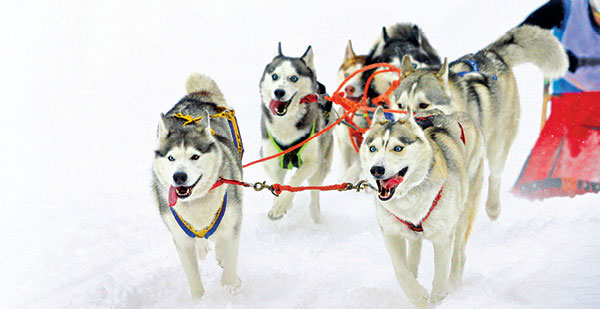
Subarctic climate
Summer
20°C
on average, with long days (19 hours of sunshine at the solstice)
Winter
24°C
on average with large variations between -40°C and -10°C, very short days and frequent aurora borealis activity
Geography
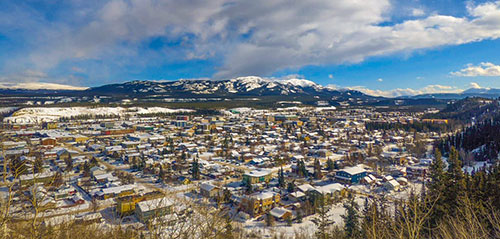
MAJORITY
Mostly plateau dotted with mountains, including Mount Logan, Canada's highest peak.
NORTH
Arctic Circle and Arctic tundra
SOUTH
boreal forest, rich in flora and fruit in summer
Access
The Whitehorse airport serves many domestic flights throughout the year.
Two routes lead to the Yukon from Alberta and British Columbia. Within the Yukon itself, there are routes to Alaska, Dempster, Inuvik and the Northwest Territories.
Read more
Francophonie highlights

The “Le Yukon autrement” network of tours offers six interactive, self-guided tours to discover different facets of Yukon’s heritage. These tours, which can be downloaded for free on the “Balado discovery” app, allow users to dive into the heart of the territory to discover little-known faces and stories, past and present, by foot, bike or car.
History
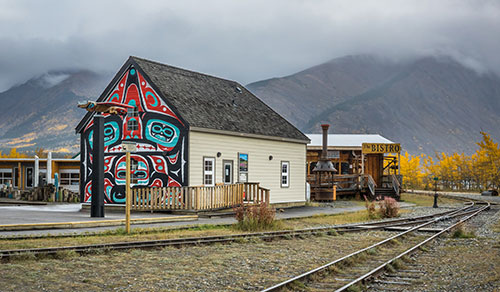
The name Yukon is believed to come from the Indigenous word Yu-kun-ah meaning ”great river”; named after the river that flows through the territory and continues through Alaska to the Bering Sea. The earliest North-American inhabitants, dating back more than 20,000 years, came from Asia via a land bridge from Siberia to Alaska, and frequented an area not far from where the Old Crow community is today. They hunted mammoth, bison, horse and caribou.
In the 18th century, the fur trade developed with the arrival of Russian explorers, who were the first to visit the territory, and later with other explorers from Europe. Gradually, the Indigenous peoples began to trade furs for tobacco, weapons and other goods. Trading posts were established throughout the Yukon.


